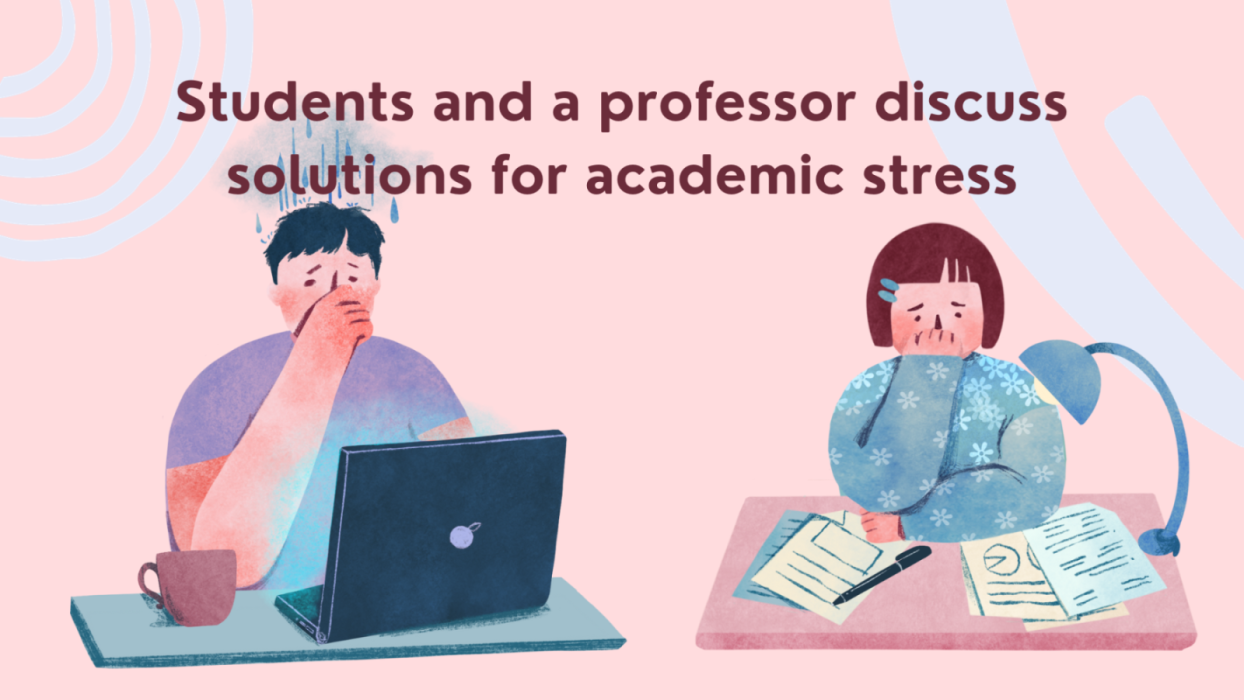Looming deadlines, difficult coursework and time management often breed academic stress; Last year, 86.5% of college students said they felt their responsibilities overwhelmed them, according to the American College Health Association. After all, most college students have to balance their coursework, jobs and extracurriculars on top of that.
De Anza students can receive help from others via officer hours, on-campus tutoring, and class Discord groups for support. Many classes are held online, making virtual assistance all the more useful.
Cody Nguyen, 18, undeclared, said he always reaches out for help every time he faces a challenge in his coursework.
“Usually, I like to talk to people,” Nguyen said. “If I’m struggling when I need help, I just ask people for help.”
On the other hand, Daniel Borbon, 18, biology major, said that he prefers to have personal time.
“For stress, I would listen to music, or maybe get some fresh air,” Borbon said.
Community Health Partners states that breathing fresh air increases oxygen levels within your lungs and contributes to increased levels of serotonin in general to improve overall mental and physical health. Changed scenery can alleviate monotony and boredom.
Certain genres of music such as classical music, nature sounds, and ambient music provide ample background noise without turning into a distraction, and are more proved to be more viable in study sessions than others, according to CNET.
Mathematics professor Robert Hingtgen provided guidance to some of his students on his office hours:

“A lot of students will work 12 hours straight to study for my tests,” Hingtgen said. “They can get a lot more done in four hours of work that’s focused than 12 hours of being panicked and tired.”
Kwantlen Polytechnic University, similar to Professor Hingtgen, also recommends spaced repetition as a study technique.
For example, Hingtgen said that instead of cramming right before a test, students could study a chapter today, a week from now, and two weeks from then, gradually spacing out their studying further and further.
Additionally, according to the National Headache Foundation, prolonged studying patterns can contribute to headaches.
“It’s good to take a break, go for a walk, do something different even if it feels contrary to getting work done,” Hingtgen said. “Just getting out and changing your perspective can kind of help your brain, your subconscious.”


